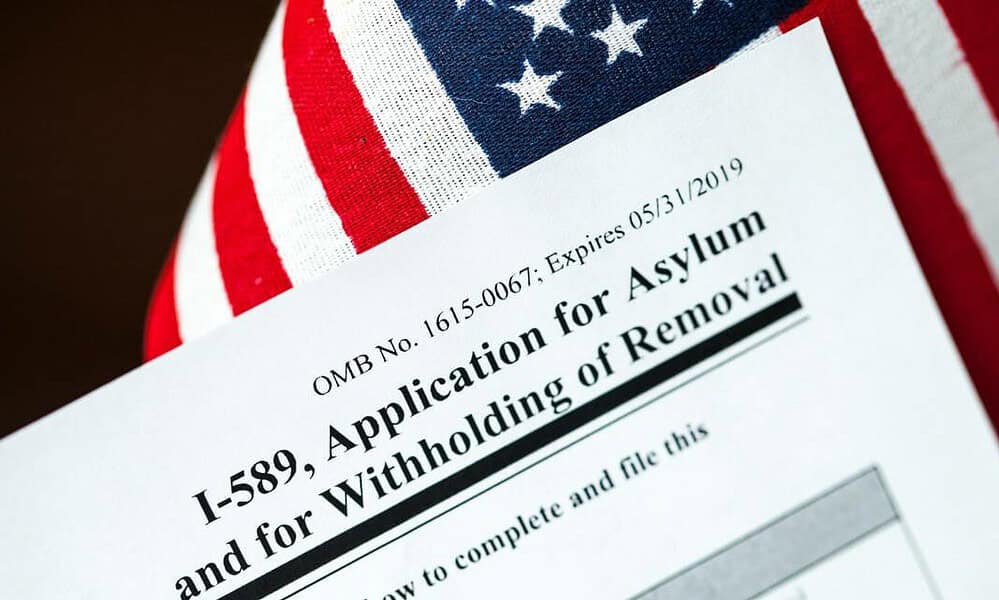The decision by the US Board of Immigration Appeals (BIA) regarding Cubans who received an I-220 A and cannot apply for residency was a blow to these immigrants.
While most immigration experts have indicated that the only alternative currently is to apply for asylum, others have warned that not all affected people are eligible to do so.
According to the U.S. Citizenship and Immigration Services (USCIS), every year people come to the United States seeking protection because they have experienced or fear suffering persecution for various reasons such as race, religion, nationality, or membership in a particular social group. Group or political opinion. Everyone can perform this procedure.
However, being approved for refugee status is not that simple, and several sources agree that more than half of the cases end up being rejected. For this reason, many Cuban lawyers residing in the United States have recommended preparing strong asylum cases, once the importance of being able to choose this legal alternative in the country has been verified.
But how do you prepare a good asylum case? What elements should be taken into consideration?
Prepare an asylum case
Let’s go to the most obvious. Since this is new territory for Cuban immigrants, especially those who believe they are already safe in the United States, it is important to hire the best possible attorney to handle your case.
from Official web From immigration attorney Carl Schusterman points out, “A good advocate will help you gather evidence to support your asylum claim, research the BIA and federal court cases related to your claim, and prepare you for direct questioning and cross-examination in court.”
Of course, they recommend that clients first make sure to research the lawyers’ qualifications, specifically how much experience they have accumulated in asylum cases.
Two other pieces of advice this specialist offers are that you should not apply for asylum just to have a work permit and that “place of residence affects your chances of winning the case.”
Do not apply for asylum in the United States unless you have been persecuted or have a “well-founded fear of being persecuted” in your country on the basis of (1) political opinion, (2) religion, (3) race, (4) nationality, or (5) Membership in a particular social group, refers.
Likewise, he emphasizes that although you cannot choose the judge in your case, where you live in the United States is something that should be taken into consideration. “In California, immigration judges approve more than 40% of asylum cases brought to them,” it reads.
Additionally, it notes that if you appeal an asylum denial in federal courts, your chances of overturning the denial may be greater if you live on the West Coast (Ninth Circuit Court of Appeals) than in Georgia, Alabama, or Florida (Ninth Circuit Court of Appeals). eleven).
However, be careful: Changing your residence after an immigration judge makes a decision does not change the appellate court that has jurisdiction over your case, so it’s best to move as quickly as possible.





